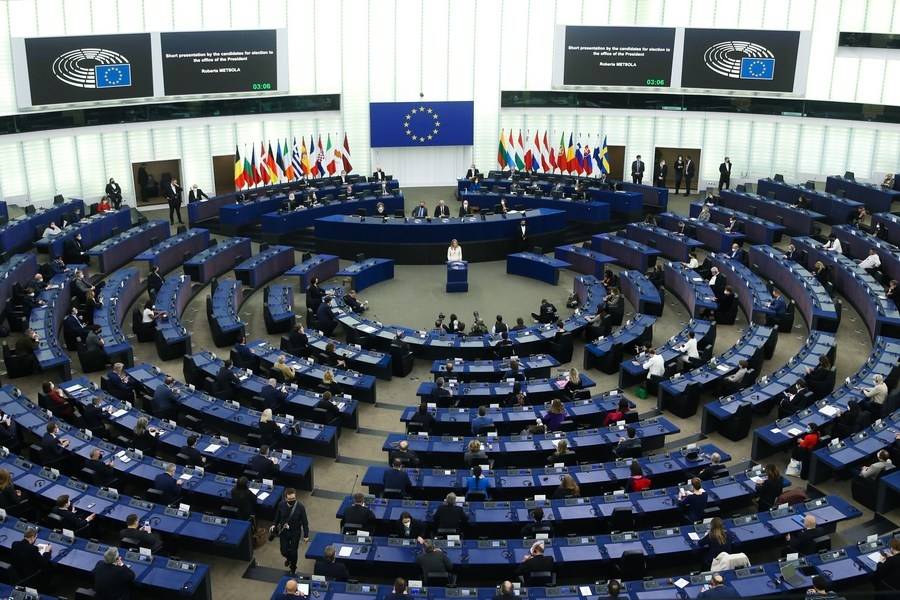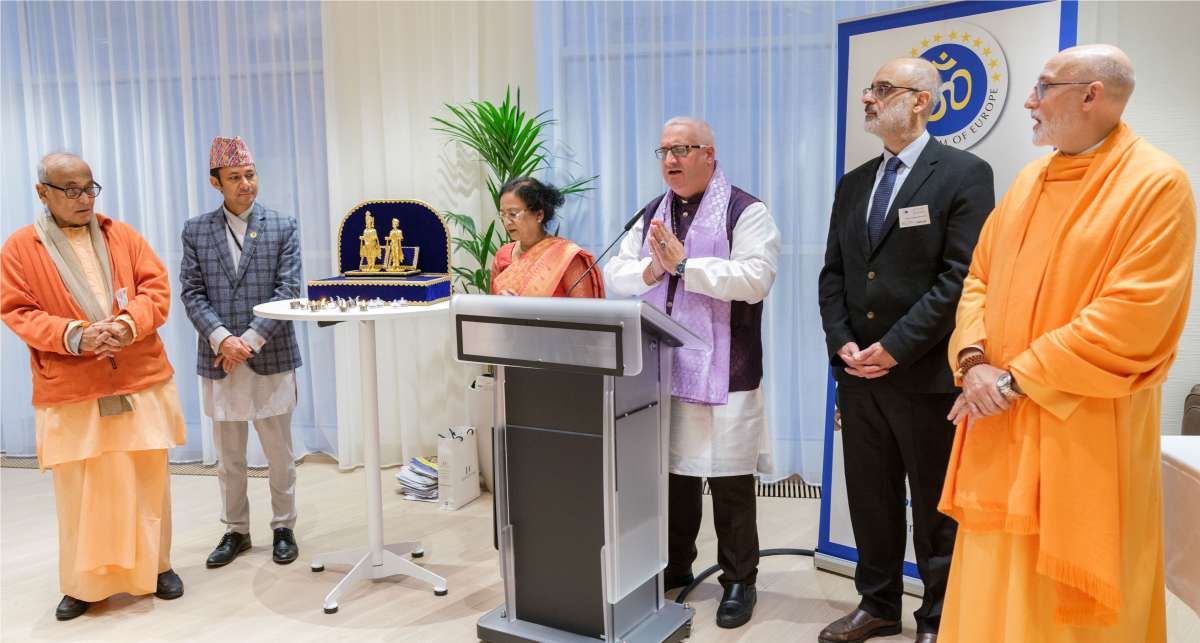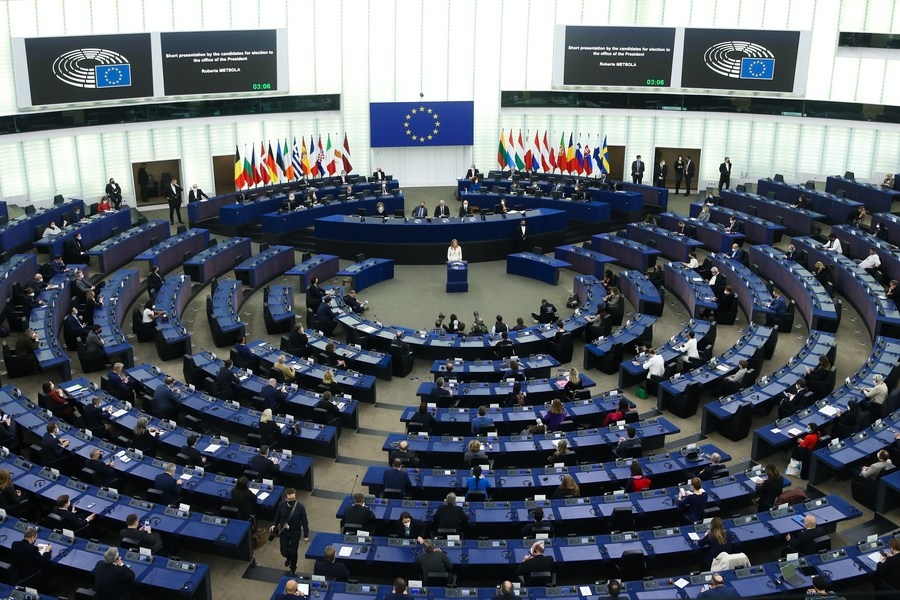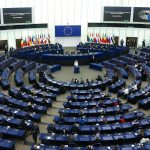Portugal had previously raised concerns about the date because its national day is celebrated on 10 June and could dampen the turnout…reports Asian Lite News
The next elections to elect the 705 Members of the European Parliament will be held between 6 and 9 June 2024.
The dates were provisionally chosen by ambassadors from the 27 member states during a meeting on Wednesday and will be made official next week when ministers rubber-stamp the decision.
The elections take place every five years across a four-day period and are considered the largest transnational vote in the world: more than 400 million eligible voters from different nationalities are called to vote for their political representatives in the European Parliament at the same time.
The renewal of lawmakers also triggers changes at the very top of the European Commission and the European Council, meaning the jobs currently held by Ursula von der Leyen and Charles Michel will be up for grabs.
Von der Leyen has yet to confirm if she intends to run for a second five-year term as president of the European Commission, while Michel is forbidden by law to continue at the helm of the European Council as the post is capped at two consecutive terms of 2.5 years each.
The 6-9 June dates were chosen by default since no other option gathered the necessary unanimity, a diplomatic source with knowledge of the discussions told Euronews.
Portugal had previously raised concerns about the date because its national day is celebrated on 10 June and could dampen the turnout.
The previous elections, held in May 2019, had a general turnout of 50.66%, an increase of eight points compared to the 2014 vote.
Reacting to the news, European Parliament Roberta Metsola posted a video on her Twitter account encouraging voters to register and “be part of the largest democratic exercise in Europe.”
“The European Union is not perfect. It is evolving continuously. The world is changing and we must change with it,” Metsola says in the one-minute video.
“We need reform. We cannot be afraid of change. We must embrace it.”
An early projection by Europe Elects suggests the centre-right European People’s Party (EPP) will lose almost 20 seats but remain the largest formation in the hemicycle with 163 MEPs, followed by the Socialists and Democrats (S&D) group, with 141 lawmakers.
Russia’s invasion of Ukraine, the cost-of-living crisis, energy supplies, climate change and migration are set to feature prominently in the upcoming campaign.
The corruption scandal that has rocked the European Parliament, dubbed Qatargate, is also expected to loom over the debate, although its impact on voters will be hard to define as the media attention on the legal case has considerably receded in recent months.
ALSO READ-Turkey opposition candidate pulls out of presidential polls














